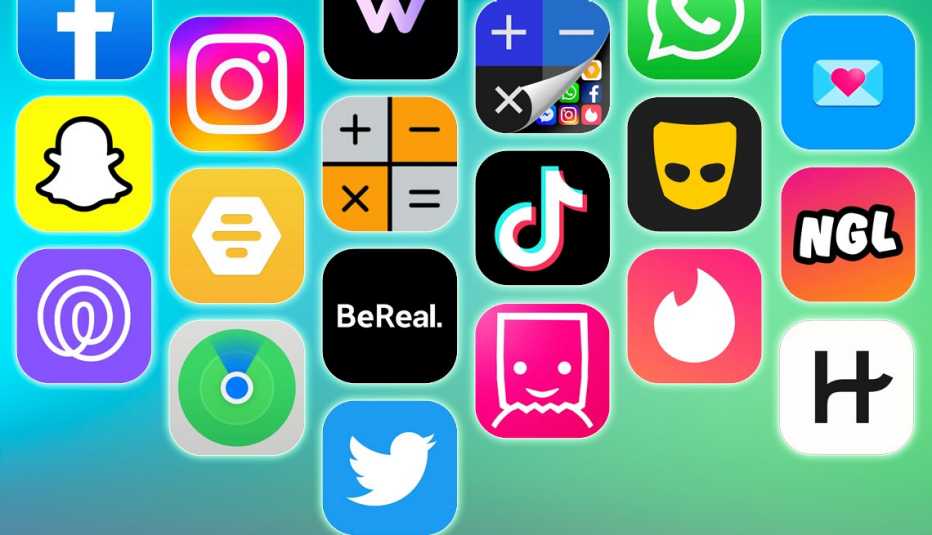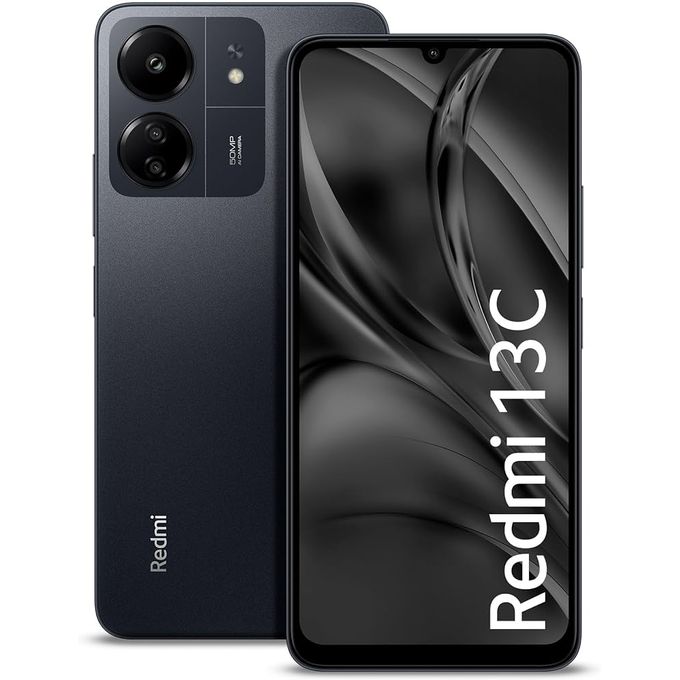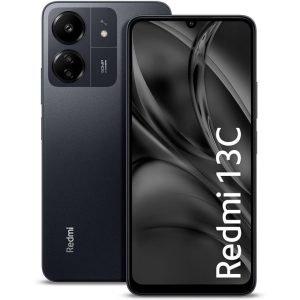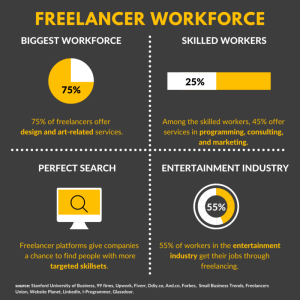Top 5 Nigerian Fintech Apps Changing How We Handle Money
So many years on Nigeria have witness the rapid growth and development of fintech company in Nigeria changing the world at large, Fintech comany have numerous resources to help and empower the youth in different areas through there app features loans data subscriptions.
In these article you are going to learned adequately how to used these fintech app and what its used for.
The Fintech Revolution in Nigeria
Over the past decade, Nigeria has witnessed a massive transformation in how people manage, save, send, and spend money. Gone are the days when queues at the bank were the only way to transfer funds or pay bills.
The evolution of financial technology, or fintech, has disrupted the traditional banking system and opened up new doors for millions of Nigerians.
Today, fintech apps are simplifying complex financial tasks, making banking more accessible, and empowering people to take control of their money. These apps now serve as digital banks, payment systems, lending platforms, investment tools, and even savings managers all from the comfort of a smartphone.
In this article, we’ll take a detailed look at the top 5 Nigerian fintech apps that are changing the way people handle money.
We’ll explore what makes them popular, the problems they solve, and how they’re impacting everyday life especially for the youth, entrepreneurs, and underbanked Nigerians.

1. Opay: The All-in-One Financial Companion
Overview
OPay has rapidly grown from a simple payment platform to one of the most dominant fintech super apps in Nigeria.
Initially recognized for its ride-hailing and food delivery services, it has now shifted its focus completely into finance offering a full suite of digital banking services.
Key Features
Instant Transfers: Send and receive money with zero or minimal charges.
Bill Payments: Pay for electricity, airtime, cable TV, data, and more in seconds.
OPay Card: A virtual and physical card linked to the wallet for POS and online payments.
Savings and Loans: Offers tailored savings plans and access to quick loans.
POS Agent Network: Thousands of OPay agents serve both urban and rural communities.
Why OPay Stands Out
Speed: Transfers are quick and reliable, even during peak periods.
Low or No Charges: Most transactions are either free or attract minimal fees.
Accessibility: Even people without smartphones can use OPay through POS agents.
Financial Inclusion: It brings financial services to the unbanked and underserved.
Impact on Nigerians
OPay has enabled thousands of small businesses to receive cashless payments. It has also created job opportunities for POS agents and made it easier for ordinary Nigerians to access digital banking without opening a traditional bank account.
2. Kuda Bank: Nigeria’s First Mobile-Only Bank
What you need to Know about Kuda bank
Kuda Bank markets itself as “the bank of the free.” It is a fully licensed microfinance bank operating entirely online, with no physical branches. Designed with young Nigerians in mind, Kuda combines technology and banking to deliver a sleek, modern, and user-friendly experience.
Key Features
Zero Maintenance Charges: No fees for account maintenance or card usage.
Free Transfers: Monthly free transfers to any bank in Nigeria.
Budgeting Tools: Set monthly budgets and track spending easily.
Smart Savings: Offers automated savings features and fixed saving plans.
Instant Cards: Virtual and physical debit cards available.
Why Kuda Stands Out
User Experience: The app is clean, fast, and built with simplicity in mind.
Transparency: There are no hidden fees. Everything is upfront.
Automation: You can automate savings and bills with just a few taps.
Youth Appeal: The branding and design cater to digital natives.
Impact on Nigerians
Kuda empowers young adults and small business owners with a bank they can trust. It encourages financial discipline with its smart tools while still providing essential banking services.
With no queues, no paperwork, and full control from your phone, Kuda is revolutionizing banking for the mobile-first generation.
3. PiggyVest: The Savings & Investment Game-Changer
Overview of PiggyVest
Originally launched as Piggybank.ng, PiggyVest is the go-to app for disciplined saving and easy investing in Nigeria.
It was created to solve a common problem people wanted to save, but lacked the discipline or a trusted platform to do it on.
Today, PiggyVest boasts millions of users saving and investing regularly with confidence.
Key Features
Automated Savings: Set up daily, weekly, or monthly automatic deductions.
Flex Naira: A flexible savings wallet for on-demand access to funds.
Safelock: Lock away funds for a fixed period and earn interest.
Targets: Save toward specific goals (e.g., rent, travel, school fees).
Investment Opportunities: Invest in pre-vetted agricultural, real estate, and other ventures.
Why PiggyVest Stands Out
Discipline Features: Withdrawals are limited and scheduled to discourage impulse spending.
Great Returns: Interest rates on locked savings and investments are attractive.
Goal-Oriented: Makes savings intentional and purpose-driven.
Security: Fully secured and transparent with user funds.
Impact on Nigerians
PiggyVest has encouraged thousands of Nigerians — even low-income earners — to develop the habit of saving and investing. From students to traders, users now have a reliable platform that rewards financial discipline and long-term planning.
4. PalmPay: Financial Convenience in Your Palm
Overview of PalmPay
PalmPay is a fintech app that combines payment, wallet, and lifestyle services in one seamless interface.
It provides simple and secure ways to send money, buy airtime, pay bills, and even earn rewards making financial transactions more engaging and rewarding.
Key Features
Zero Charges: Free transfers for most transactions.
PalmPoints: Get cashback and discounts for every transaction made.
Bill Payment: Pay for services like electricity, cable TV, and internet instantly.
Security: Biometric login, secure PINs, and real-time fraud detection.
Merchant Support: Helps SMEs accept digital payments.
Why PalmPay Stands Out
Rewards System: Users are rewarded for using the app regularly.
High Reliability: Very few transaction failures or delays.
User Growth: One of the fastest-growing fintech platforms in Nigeria.
Customer Support: Swift issue resolution and chat support.
Impact on Nigerians
PalmPay has grown especially popular among students, transporters, and small-scale vendors who want a quick, rewarding, and reliable way to handle money. By reducing transaction costs and offering rewards, PalmPay is reshaping user expectations of fintech platforms.
5. Carbon: More Than Just Loans
Overview Carbon:
Formerly known as Paylater, Carbon started as a digital lending platform but has since evolved into a full-fledged digital bank. It now offers savings, investments, bill payments, money transfers, and credit services all through a single app.
Key Features
Instant Loans: Get loans without paperwork or collateral.
Bill Payments: Buy airtime and data, pay electricity and internet bills.
Credit Report Access: Check your credit score in-app.
Carbon Account Free account with interest on savings.
Buy Now, Pay Later: payments into installments.
Why Carbon Stands Out
Fast Loans: Approvals take minutes with no need for human intervention.
Al-in-One Platform: Banking, loans, savings, and investments under one roof.
Tech-Driven: Uses AI to determine creditworthiness and offer personalized services.
User Education: Teaches users about financial literacy and budgeting.
Impact on Nigerians
Carbon has democratized access to credit. Many Nigerians who were once rejected by traditional banks can now access small loans to cover business costs, emergencies, or personal needs. Carbon’s ecosystem also encourages responsible borrowing and better money management.
Also Read: Sustainable Technology and Green IT Practices
The Common Impact of These Apps
1. Increased Financial Inclusion
Many Nigerians without access to traditional banks now use fintech apps for daily transactions. From rural communities to busy city streets, mobile financial services have reached deep into society.
2. Empowerment for Youth and Entrepreneurs
Students, freelancers, and small business owners can now control their finances, save efficiently, access loans, and even invest all from a smartphone.
3. Cashless Society Progress
These apps reduce dependence on cash by offering secure, digital payment alternatives. Nigeria’s economy is gradually shifting toward digital money ecosystems.
4. Better Financial Literacy
Through features like spending trackers, savings goals, and credit reports, users learn how to budget, plan, and make informed money decisions.
5. Reduced Bank Dependence
Users no longer need to queue at banks for transfers or bill payments. Fintech has made financial transactions faster, simpler, and more transparent.
What Makes These Apps Work in Nigeria?
- Mobile-First Culture: A vast majority of Nigerians access the internet via mobile. Fintech apps are optimized for mobile users.
- Poor Traditional Banking Systems: Long queues, high fees, and rigid systems push people toward alternatives.
- Younger Population: Nigeria’s young, tech-savvy population embraces digital solutions faster than older generations.
- Unstable Economy: People want quick loans, better savings tools, and financial flexibility to cope with inflation and uncertainty.
Challenges These Fintechs Face
While these fintech apps are changing the game, they also face some challenges:
Regulatory Pressure: Government agencies are starting to tighten fintech operations to ensure consumer safety.
Cybersecurity Risks: As platforms grow, so do attempts by fraudsters to exploit them.
Trust Issues: Many people still fear keeping money in digital wallets due to fear of losing access or fraud.
Poor Internet Penetration in Rural Areas: Many Nigerians still lack stable internet or smartphones.
Despite these challenges, fintech innovation continues to push forward — with Nigerian developers, entrepreneurs, and users driving progress daily.
Conclusion:
The days of standing in line to send money or struggling to save are quickly disappearing. With apps like Opay, Kuda, PiggyVest, PalmPay, and Carbon, Nigerians now have financial power in their palms.
These platforms are not just apps they’re digital banks, savings tools, financial advisors, and empowerment systems rolled into one.
As fintech continues to evolve in Nigeria, we can expect even more groundbreaking innovations from blockchain integration to AI-driven credit scoring and decentralized finance (DeFi) services. What matters now is for every Nigerian to understand and embrace these tools for smarter money management.











Post Comment